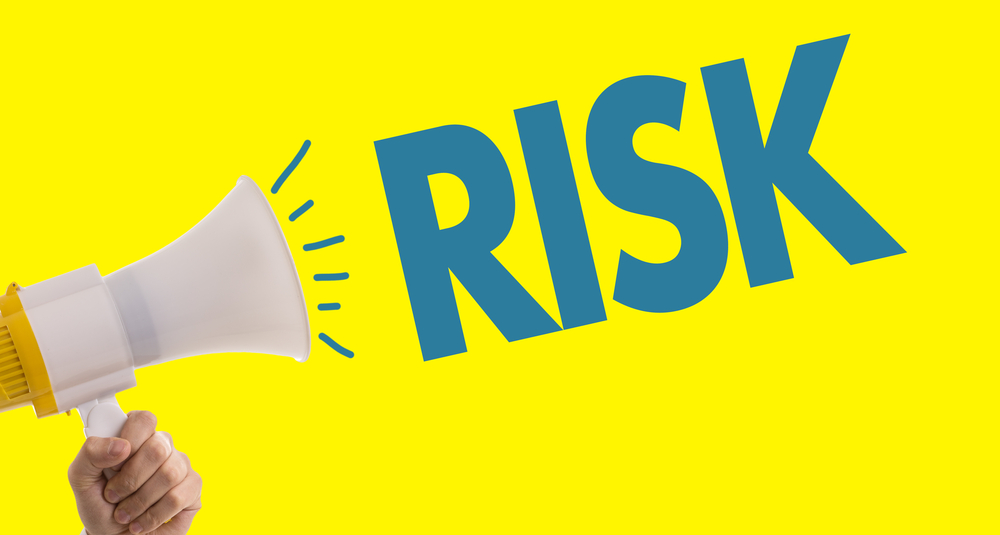Evidence Aid
Posted on 25th August 2013 by Georgina Taylor

Evidence isn’t usually played up as an essential aid component in disaster situations. But in such situations health decisions need to be made, and made fast. This is where Evidence Aid steps in.
Established by The Cochrane Collaboration after the 2004 tsunami in the Indian Ocean, Evidence Aid aims to provide evidence based resources to address short and long term impacts in a disaster situation, and to provide evidence about the need for such resources in the sector.
Currently it provides summaries of Cochrane and other systematic reviews on topics deemed useful in disasters and other humanitarian emergencies. There are also Cochrane Evidence Aid Special Collections on earthquakes, burns, flooding and PTSD after disasters.
You can get to individual evidence summaries via a search box found on all pages of the Evidence Aid site, or by heading to ‘Resources’ where you can browse the long list broken up by broad topic, e.g. renal or anaesthesia. As the list of topics grows an easier index to browse the topics may be needed here.
Having an interest in kidney disease, I straightaway noticed and read summaries on three renal topics. Helicopters are also cool and I read a review summary on helicopter services in major trauma. Then a summary on appropriate scabies management. And so on.
I was impressed by how easy it was to dive in and out of topics and get a quick snapshot at the answer. The review summaries are very brief, those that I read ranged from less than 100 to nearly 250 words long. Not just useful for quickly satisfying my curiosity, I can see how this brevity would be of advantage to decision makers needing evidence fast – the target group of the site.
On twitter, @EvidenceAid links in with current events to point out the resources Evidence Aid could provide on those topics, a nifty way to remind people of their resources.
Crucial to the Evidence Aid project is determining the needs to be filled and how to present them, informed through sources such as a Needs Assessment Survey for the humanitarian sector [1]. And in addition to summarising existing reviews, Evidence Aid also aims to provide input into where systematic reviews may be required, for example through an Evidence Aid review on electric fan use in heatwaves (which concluded that more research is needed on the topic) [2].
The combination of a quick and reliable answer makes this a useful source for decision makers and others interested, with links to the full reviews provided for those wanting more than a brief conclusion.
But is it useful for students? It has a limited niche of resources so wouldn’t be the place to go for many searches you’d find yourself doing. But for anyone investigating disaster issues it does provide a consolidated list of evidence on relevant topics. Hailing from a country that experiences natural disasters often on a yearly basis, even though well equipped to cope, it’s good to know a reliable source to review the evidence in times of crisis. And for students interested in both evidence and global health it’s a great project to be aware of.
Link
You can find Evidence Aid at www.evidenceaid.org (or skip straight to the Resources at http://www.evidenceaid.org/research/) or follow them on twitter @EvidenceAid.
References
- Kayabu B, Clarke M. The Use of Systematic Reviews and Other Research Evidence in Disasters and Related Areas: Preliminary Report of a Needs Assessment Survey. PLOS Currents Disasters. 2013 Jan 22. Edition 1. doi: 10.1371/currents.dis.ed42382881b3bf79478ad503be4693ea.
- Gupta S, Carmichael C, Simpson C, Clarke MJ, Allen C, Gao Y, Chan EYY, Murray V. Electric fans for reducing adverse health impacts in heatwaves. Cochrane Database of Systematic Reviews 2012, Issue 7. Art. No.: CD009888. DOI: 10.1002/14651858.CD009888.pub2.





No Comments on Evidence Aid
Thanks for this great blog Georgina. If you’re interested follow us on Facebook (Evidence Aid) as well as Twitter (@EvidenceAid) and on our website (www.evidenceaid.org)- we welcome comments and contributions from everyone!
27th August 2013 at 6:33 pm